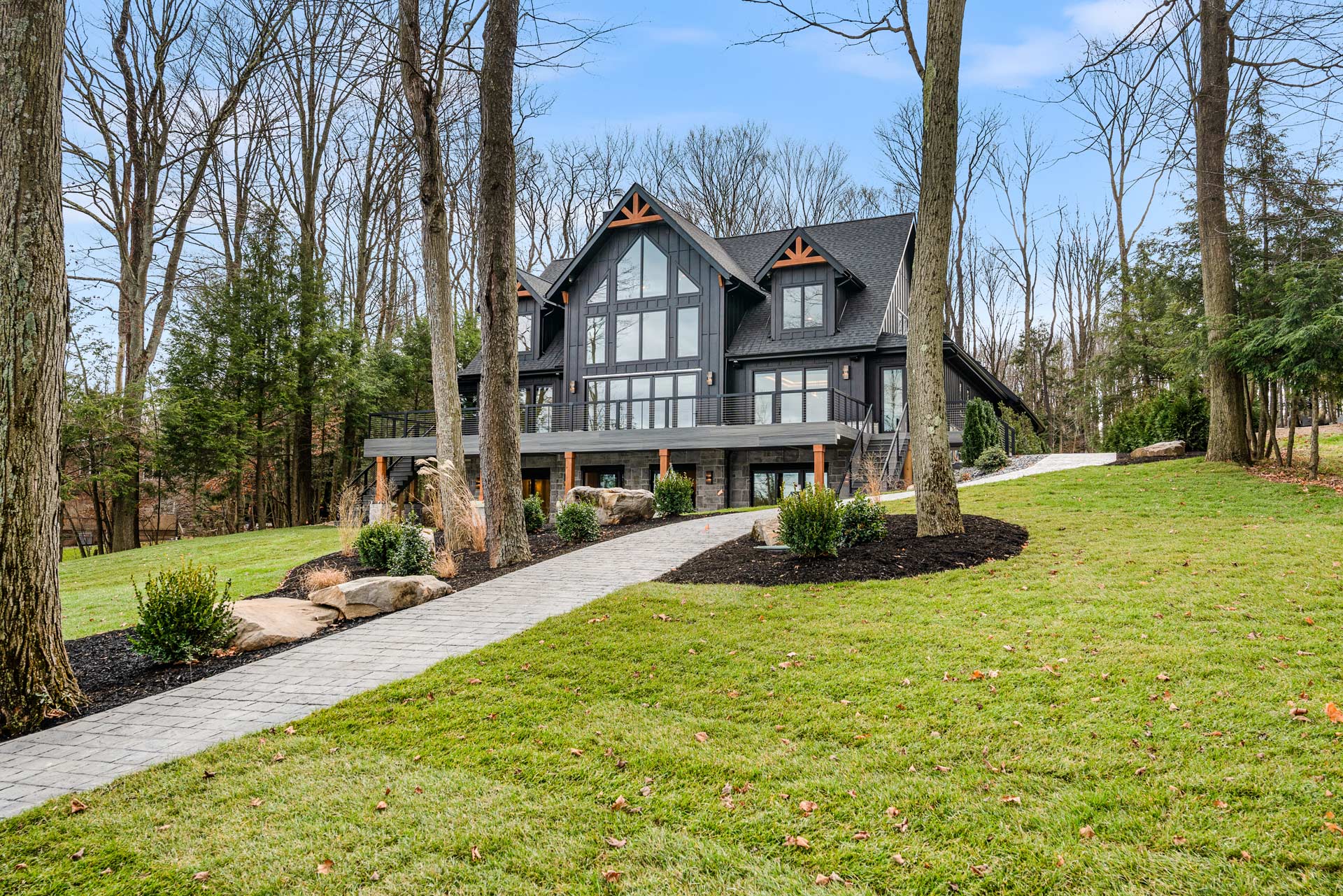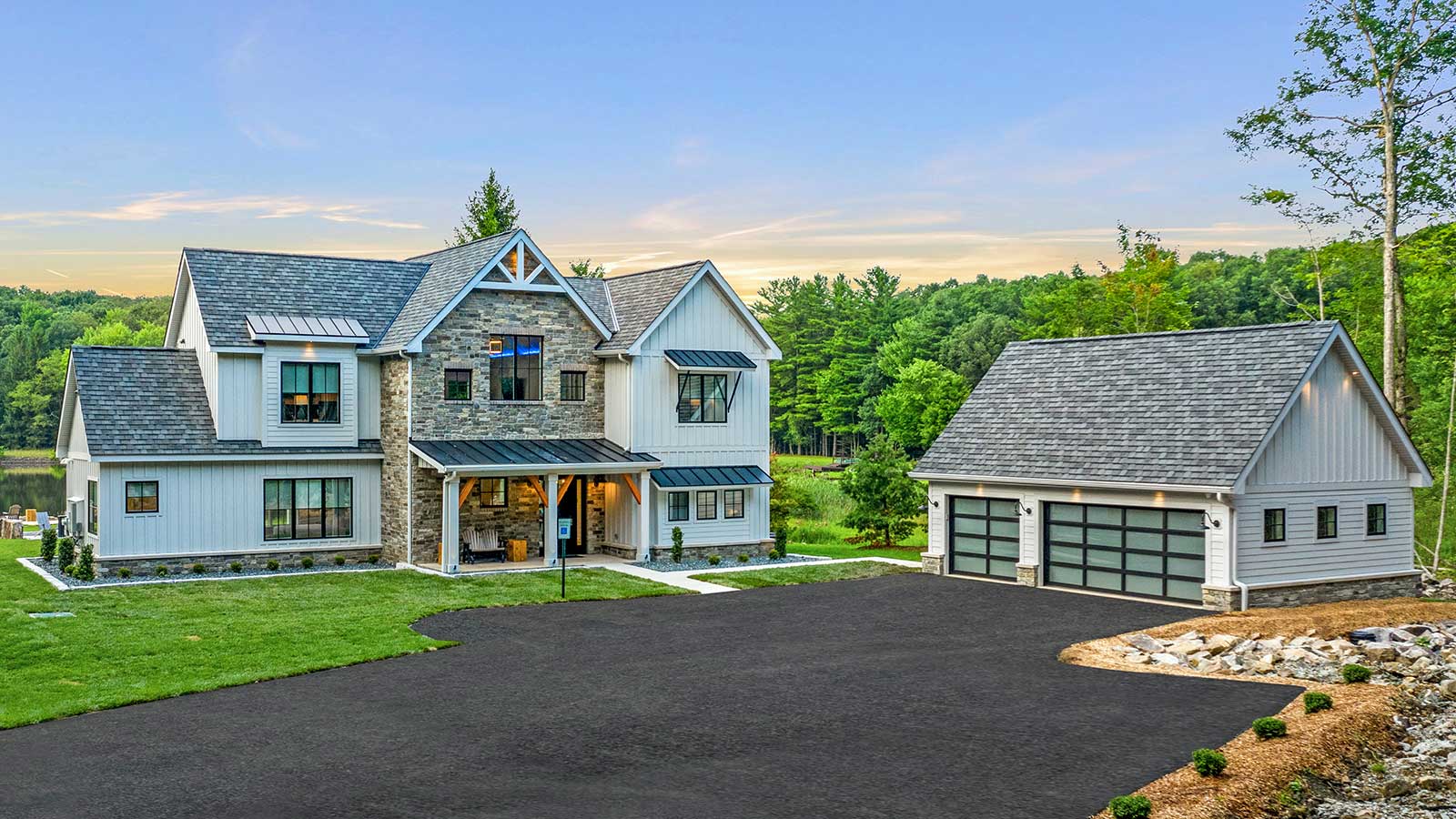There’s nothing quite as exciting as coming to the decision to build your own home. Your house is most likely going to be the largest investment – or one of the largest investments – that you’ll make in your life. The fact that you get to customize that investment to fit your specific wants and needs makes it all the more exciting.
It also means that you should protect your investment. The last thing you’re going to want is for the quality of the house to be diminished, or for the cost of building the house to grow out of control. Be sure to avoid making any of the following eight common mistakes when building a home by working with an experienced professional
Acting as the general contractor yourself
Thinking that you can save some money by acting as the general contractor is a big mistake. Unless you have the experience and expertise that a home builder has, you’re going to find out very quickly that you’re not up for the job. Being a general contractor isn’t just about hiring all of the subcontractors (although even that takes a lot of know-how and effort if you don’t want to overpay for bad quality work).
Contractors also have to handle the logistics of construction, not to mention that they have to be able to face any challenges that arise during both planning and construction phases. When you work with an experienced contractor like Costa, you can rest assured that the quality work is getting done on time and on budget.
Going with the lowest bidder
You might be able to convince yourself that going with the lowest bidding contractor means that you’ll have more money to put towards the actual construction of the house. For example, that extra bit of money you’ll end up saving can be put towards building a deck. However, when it comes to building a home, you’ll often end up getting what you pay for.
Choosing the lowest bidder just because they are the lowest bidder is asking for trouble. There’s a chance the contractor with the lowest bid isn’t being honest about how much construction will cost and is simply vying for the job. During actual construction, they may end up cutting corners and using lesser quality materials through a change order process, which is the last thing you want. Make sure you fully research your builder.
Choosing a builder before doing your research
Let’s talk about the research you should do when choosing a builder. When comparing bids, it’s vital that you look into the reputation of the home builders. The following are just a few of the things you should look into before you choose a builder:
- Past clients – Ask the builder for a list of references that you can contact. Call these references and ask them if they were happy with their projects, if the builder communicated clearly and if they would recommend their services. You can also look at the builder’s online reviews for honest opinions of their work.
- Experience – Find out how long they’ve been in the business for. The more experience they have, the more likely it is that they know what they are doing. Not to mention that a contractor that does poor work won’t last very long.
- Insurance – Ask for proof of insurance to make sure you’ll be covered if anything goes wrong during construction.
- License – You can check with the Better Business Bureau to make sure that they are fully licensed to work in your state.
- Past work – Check their website. They should have examples of their work up to be viewed. Make sure that like the work you see before choosing to work with them. If they don’t have any work up – or they don’t have a website – that’s a big red flag.
- Using a builder that subcontracts work to the lowest bidder
Although you’ll want to save money where you can, you don’t want it to be through your subcontractors. Ask the builder how they choose their subcontractors. Choosing by bid is a bad idea as this can be reflected by the work they end up doing. You should work with a builder that already has a group of subcontractors in place that they work with from project to project. This familiarity means that they know how to work together effectively, which can cut out miscommunication problems. It also means that the builder trusts the quality of their work.
Beginning work before the plans are finalized
Don’t start construction until you’ve planned everything out to the last detail. Deciding to add features during the course of construction, or not choosing certain materials until the last moment, can slow down the construction of your home. This is because the builder may have to change their construction plans and may have to order new materials that could take days to arrive. Slowing down construction like this can be quite costly.
Cutting corners on the quality of materials
Don’t compromise the quality of your construction materials when building a home so that you can add more features to your house. For example, using a lesser quality wood so that you can afford to build a deck. Going with cheaper materials to save money may not seem like a big deal at first, but they are more likely to cause you problems in the future. In fact, you’ll probably end up spending more money on repairs and replacement than if you had just opted to go with the better-quality materials in the first place. Work with a builder who works with superior vendors and materials!
Not getting everything in writing
Every decision that you make with your builder should go into writing. This way, you’ll know you’ll get exactly what you wanted in your home. Never rely on the word of a contractor even if they are reputable. An honest contractor may make a mistake using a material you didn’t want due to miscommunication. If this happens, you won’t be able to prove that you wanted a different material, which can end up costing you. If you end up working with a builder that is dishonest, having everything in writing can help you recover any money lost. Protect yourself by getting everything in writing down to the last detail.
If you are planning on a building a home, then make sure that you keep these eight common mistakes in mind so that you don’t end up making them yourself. Most importantly, work with a reputable builder who can help you avoid any obstacles in building your home!



